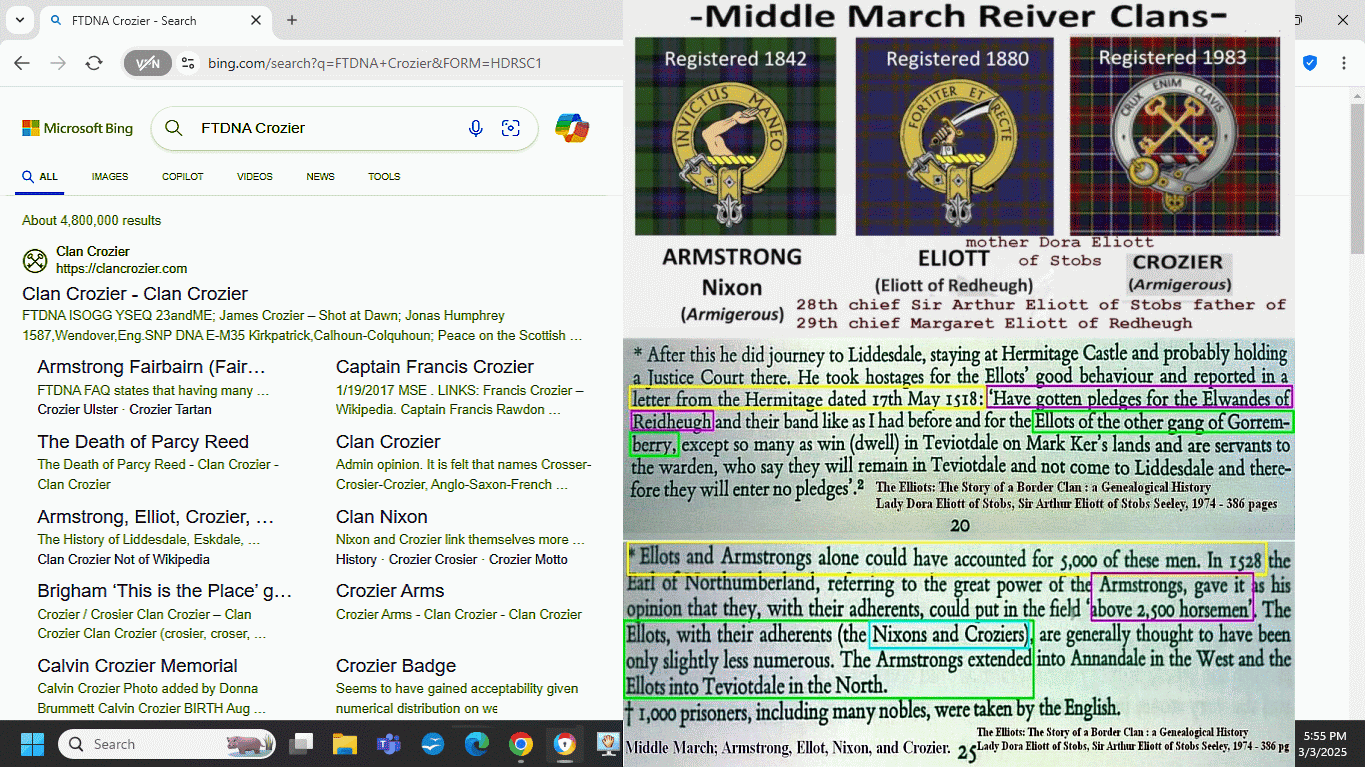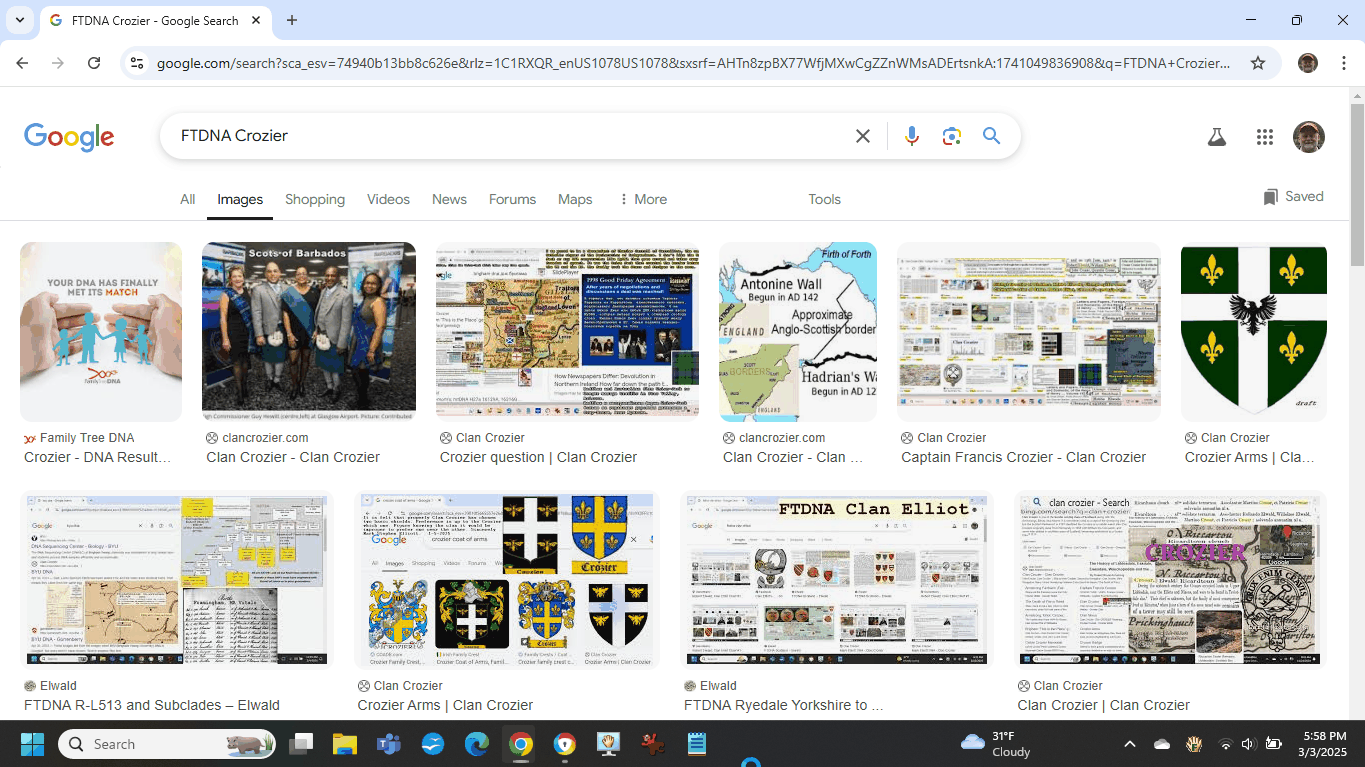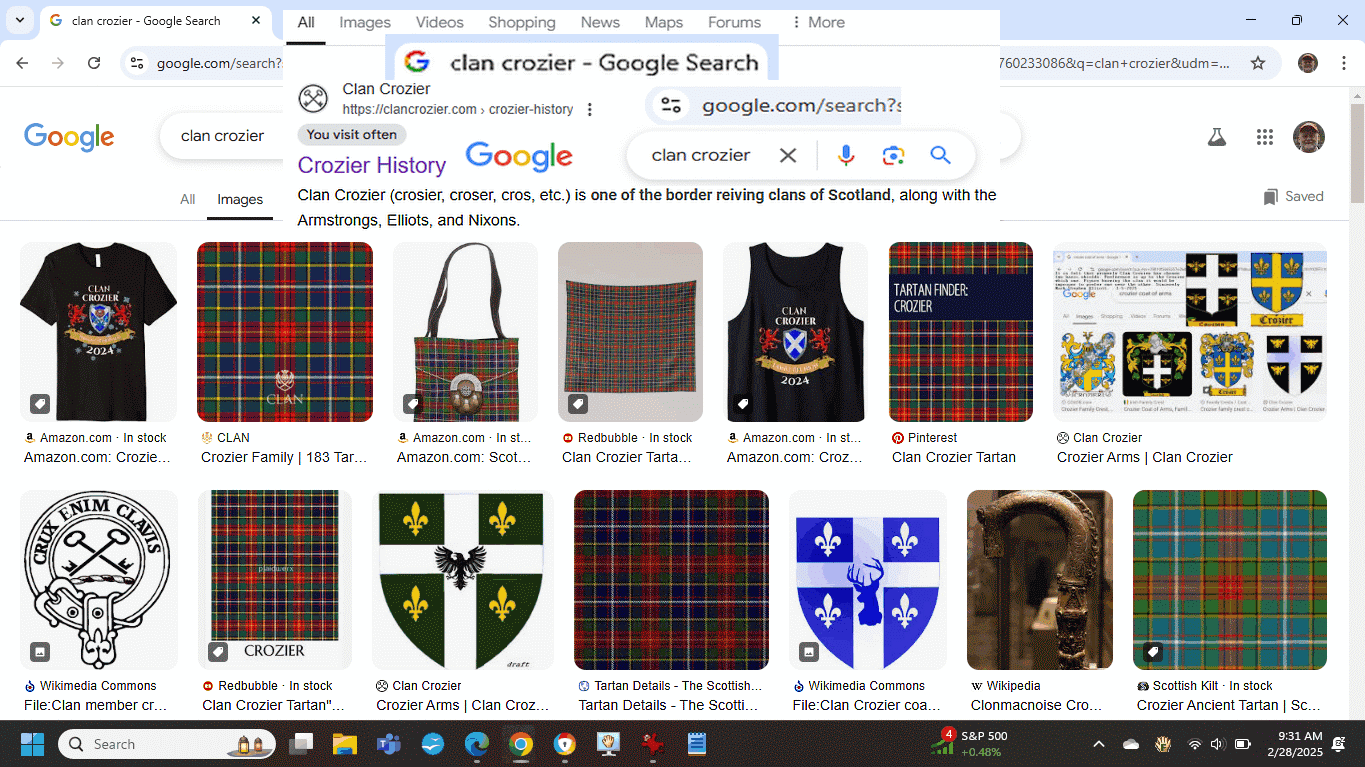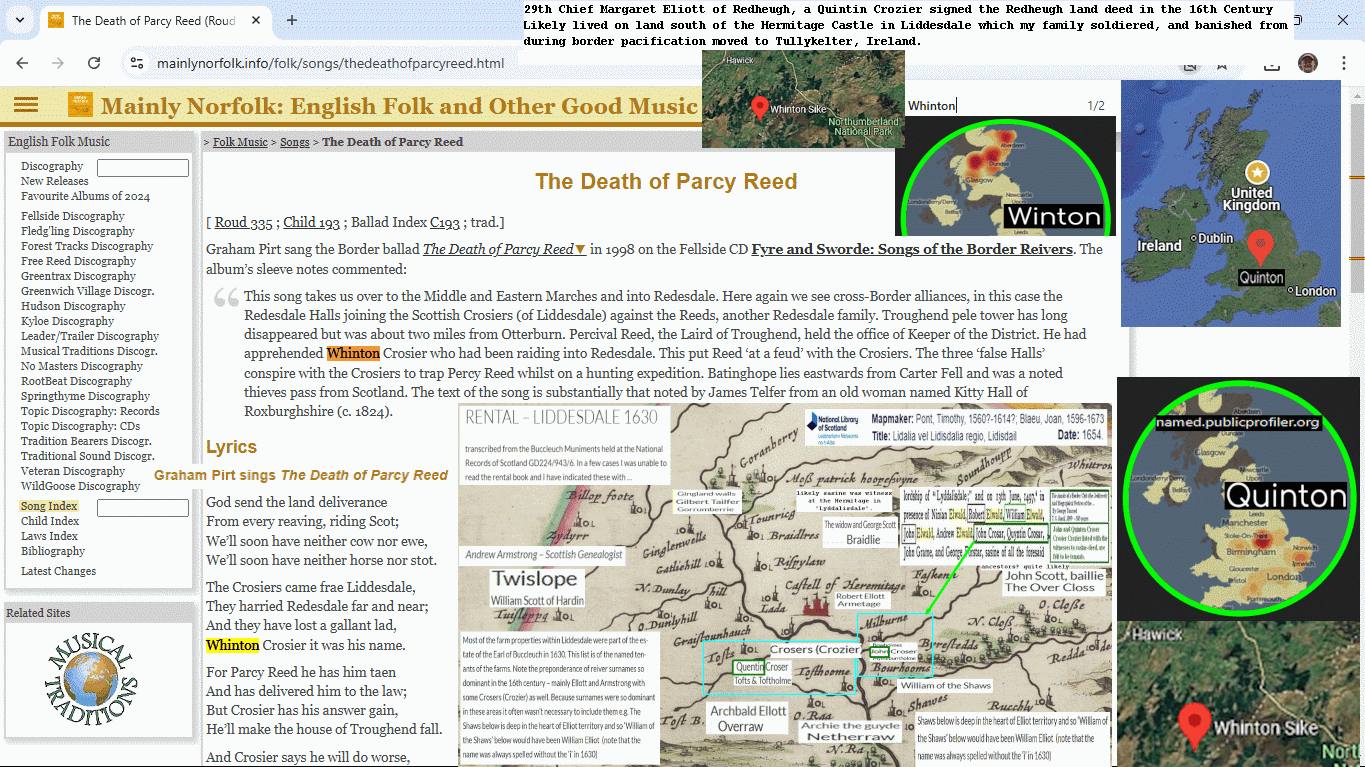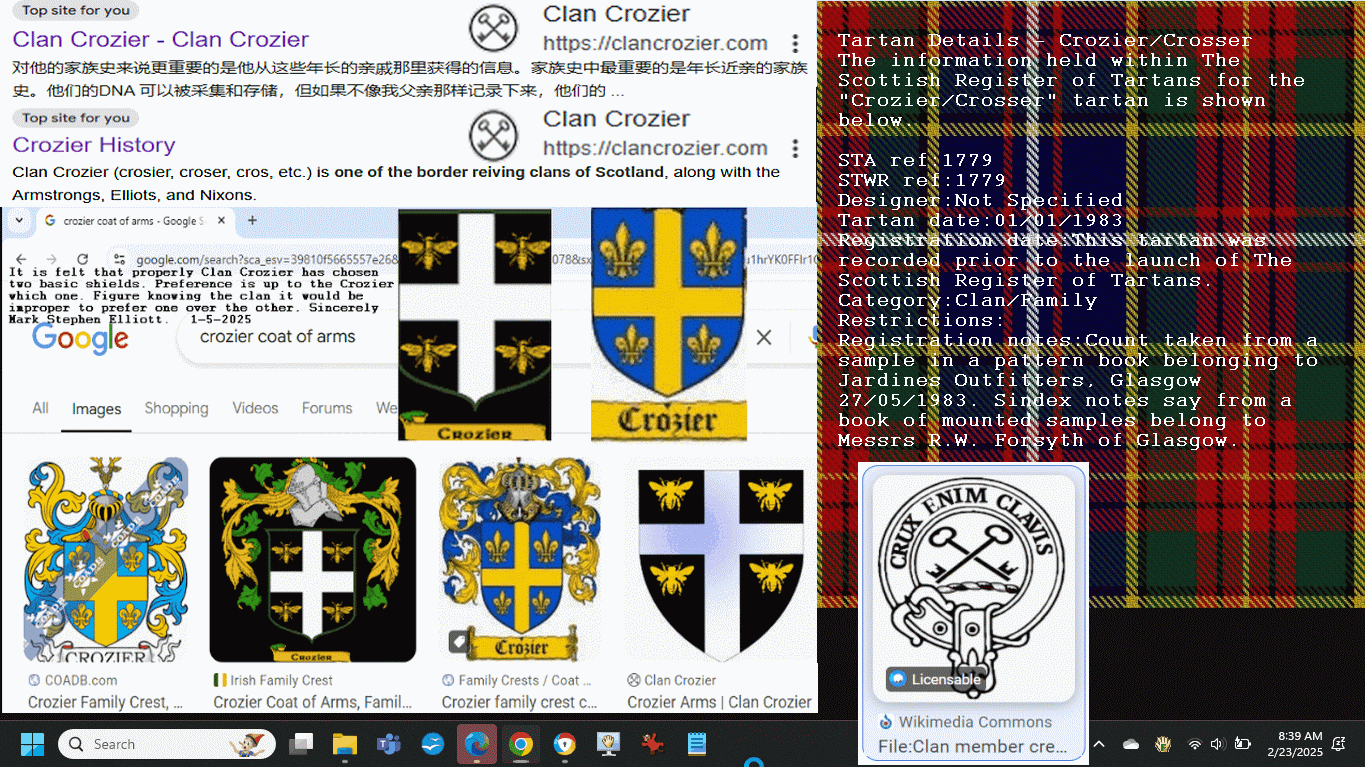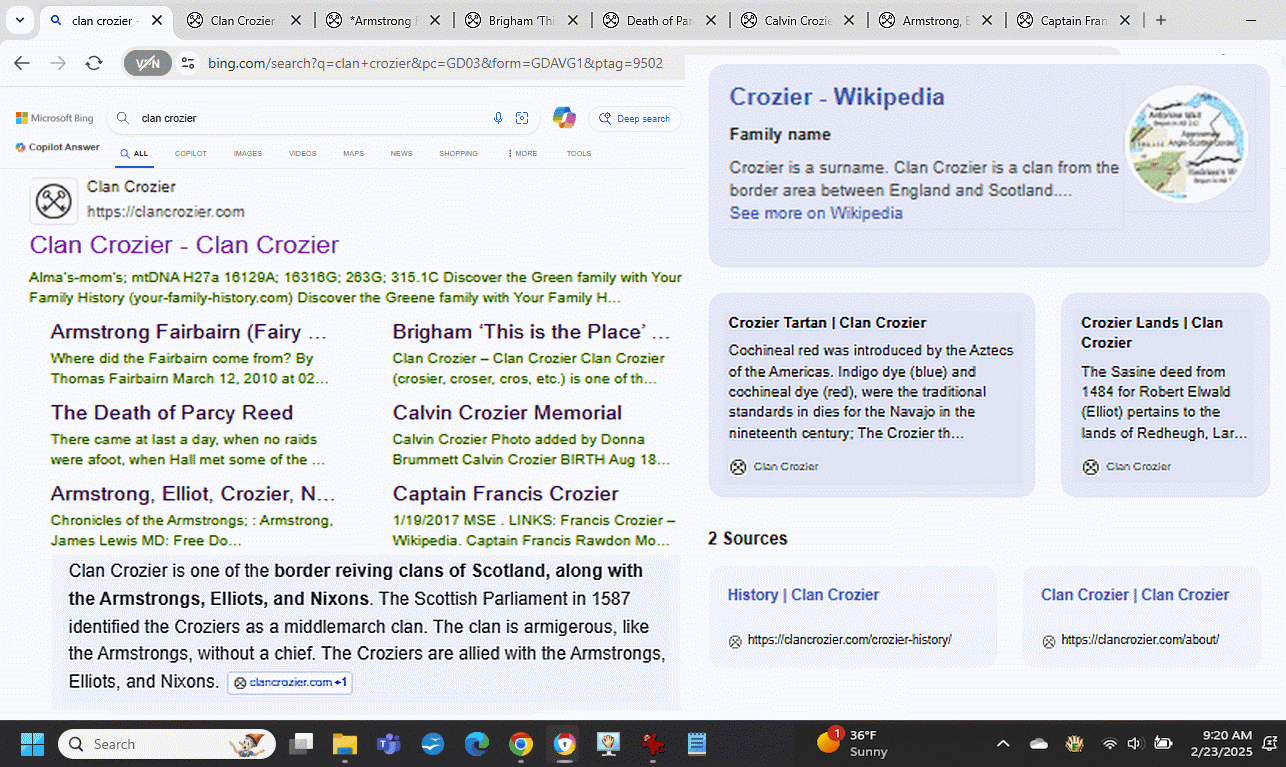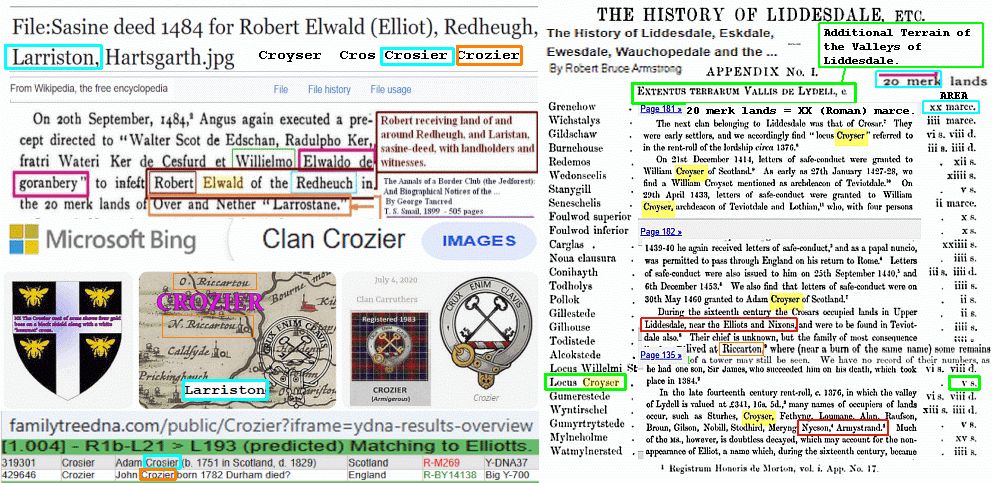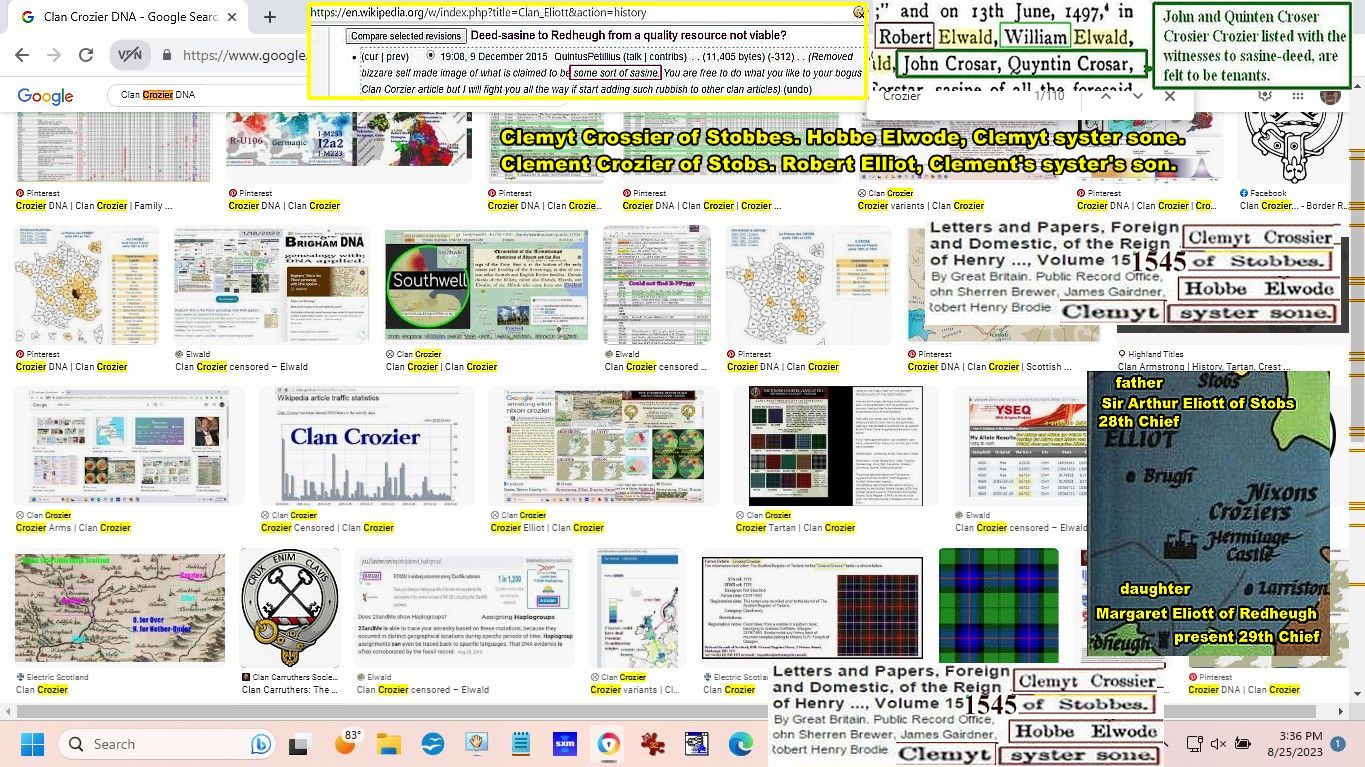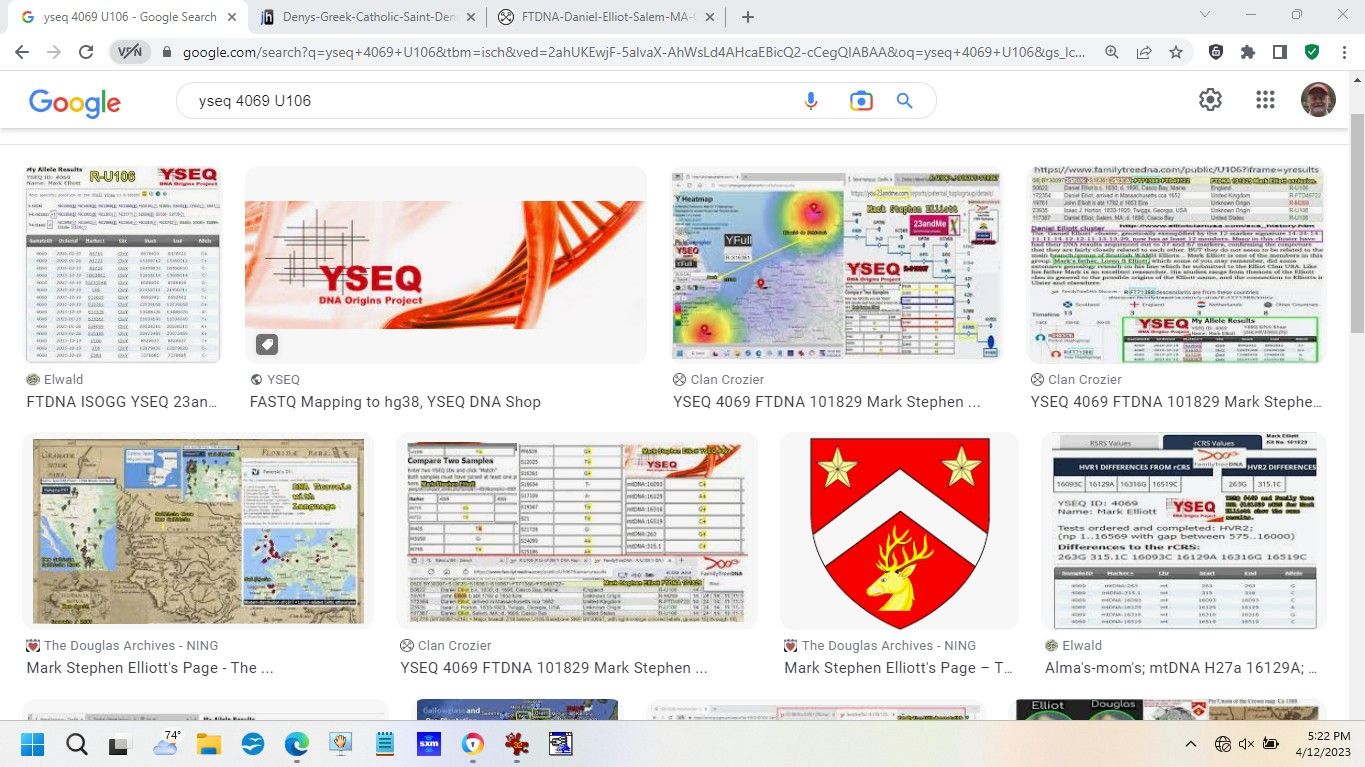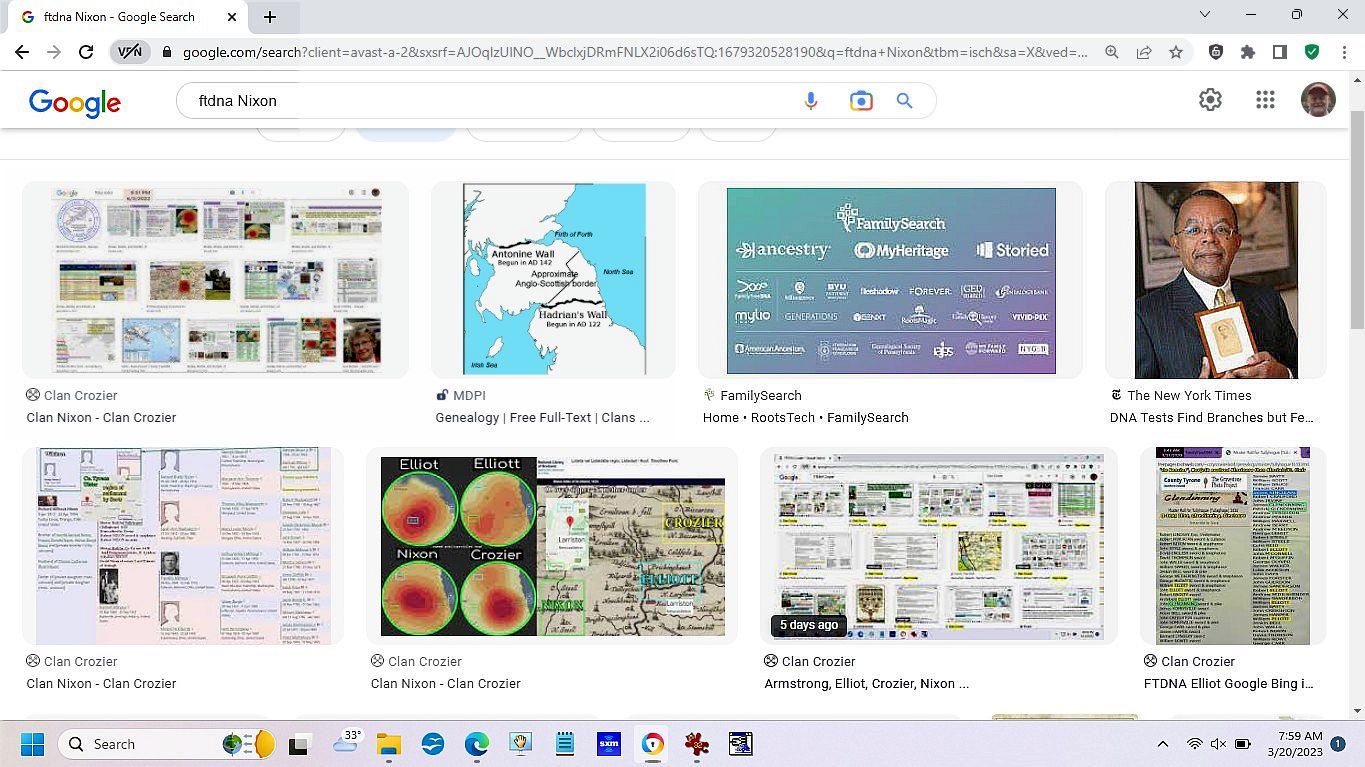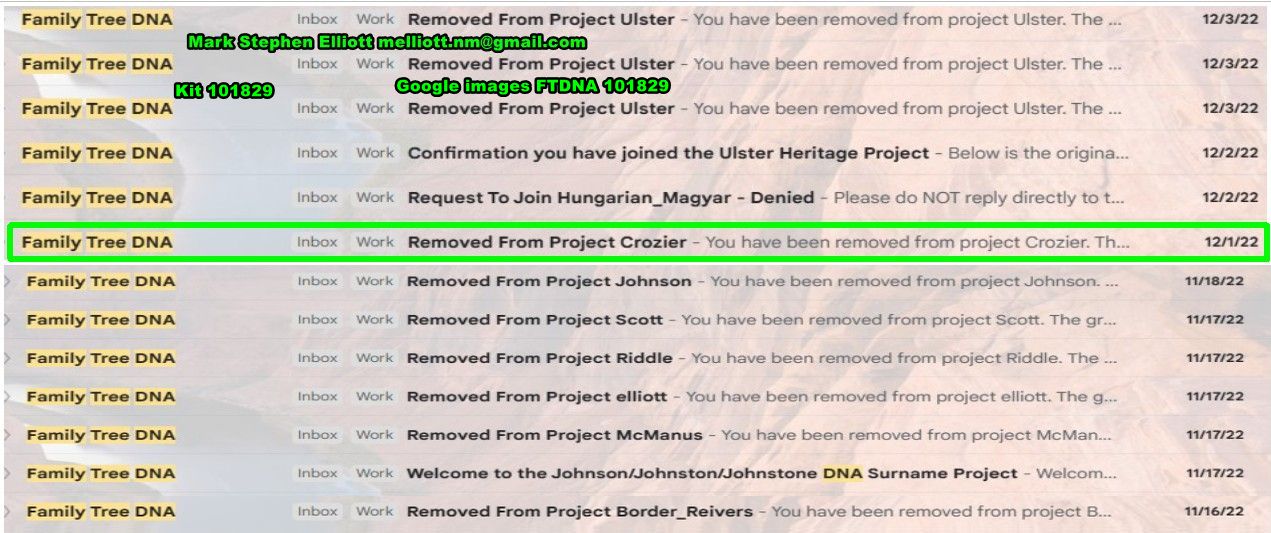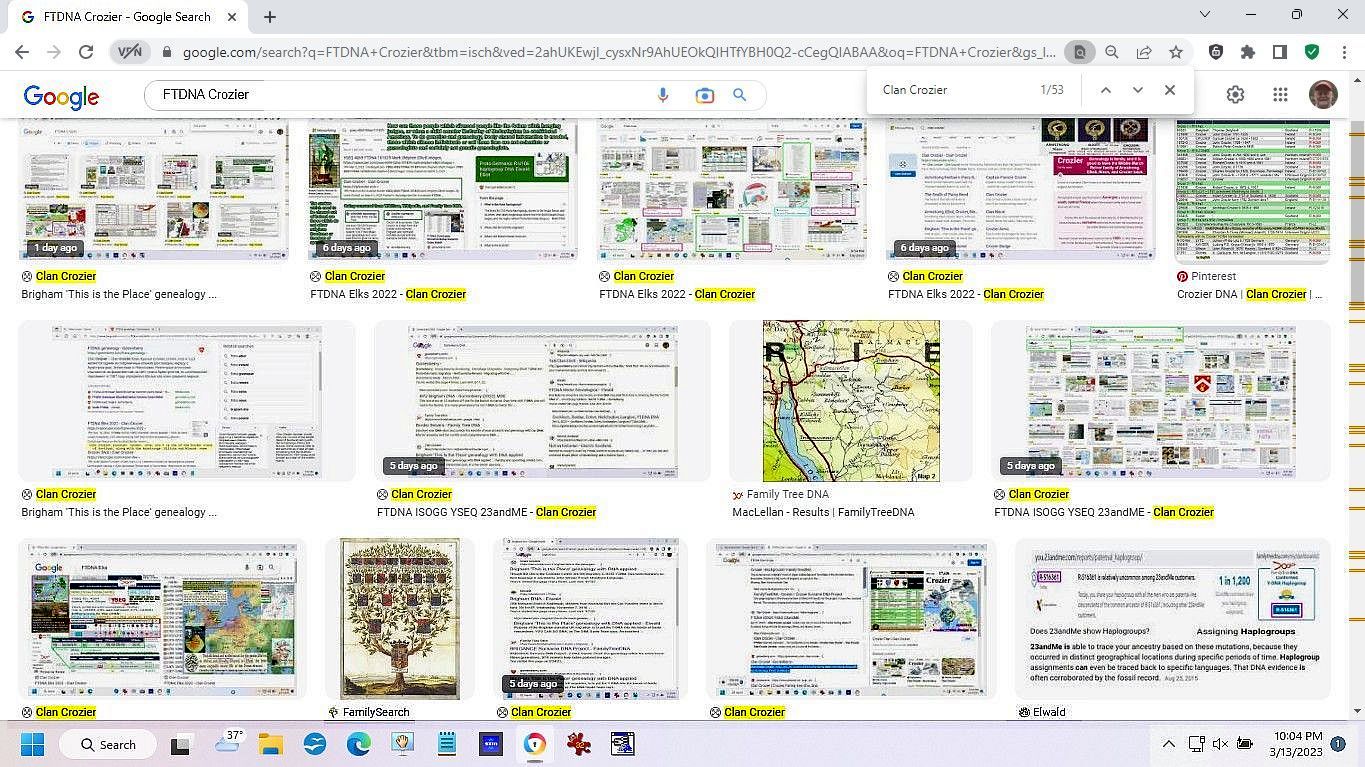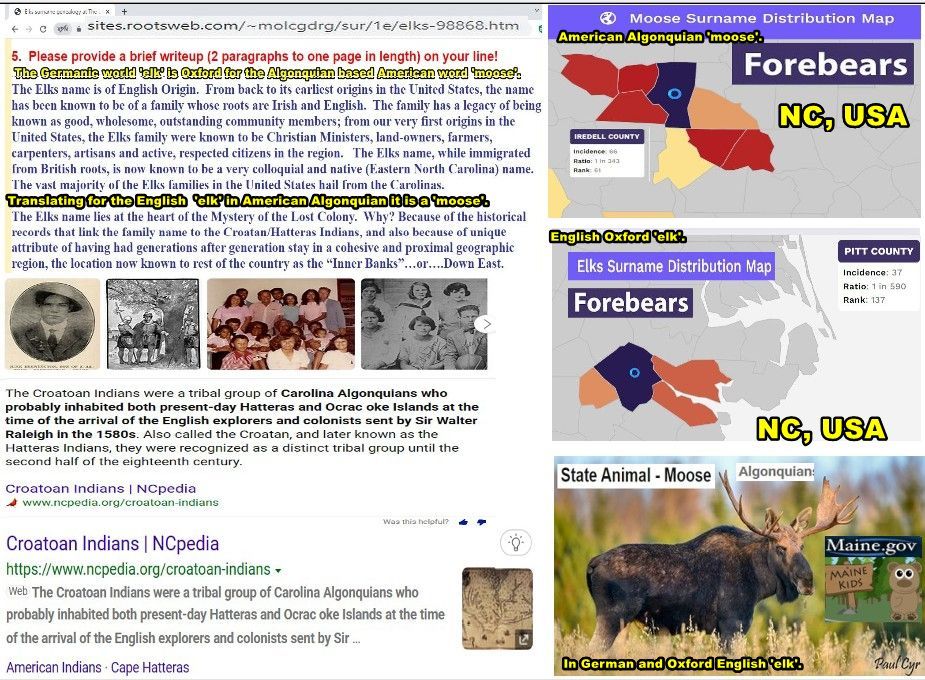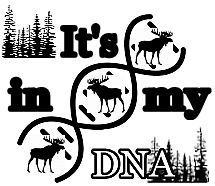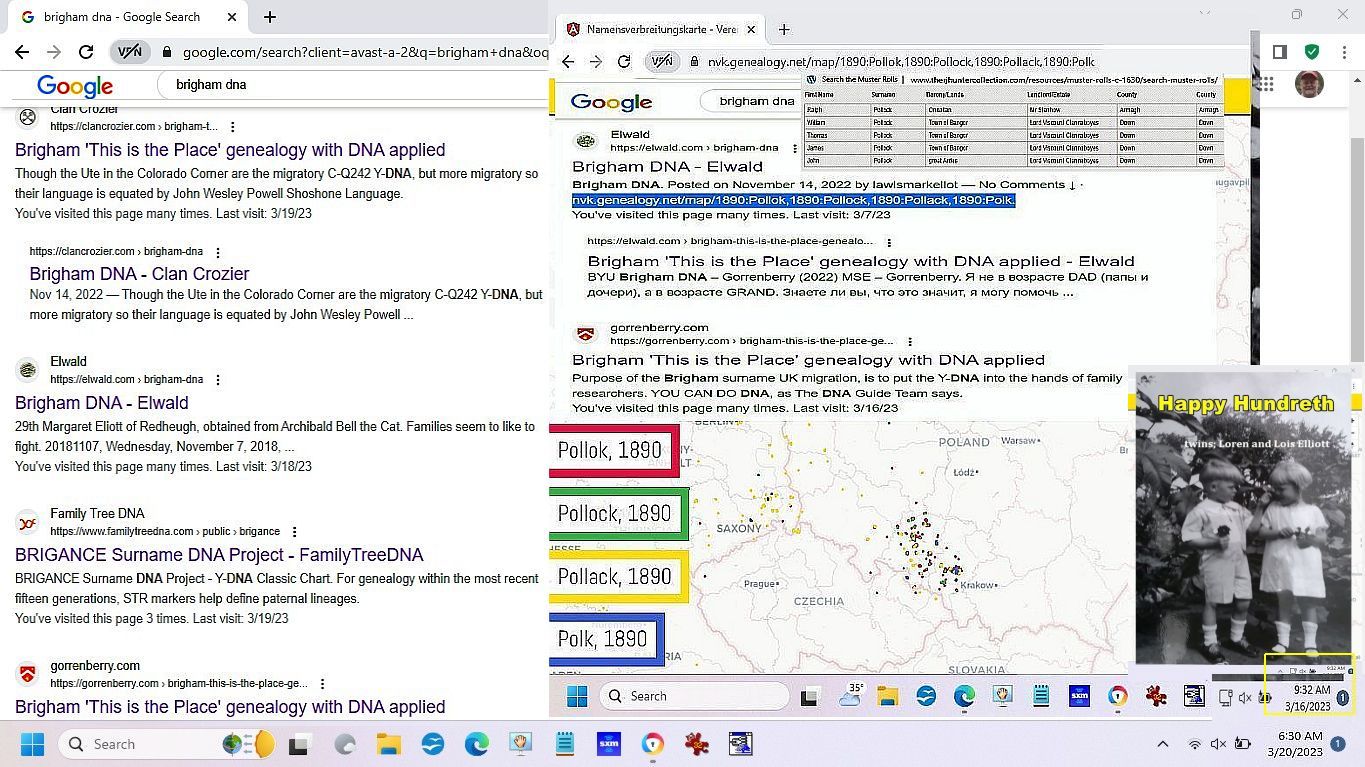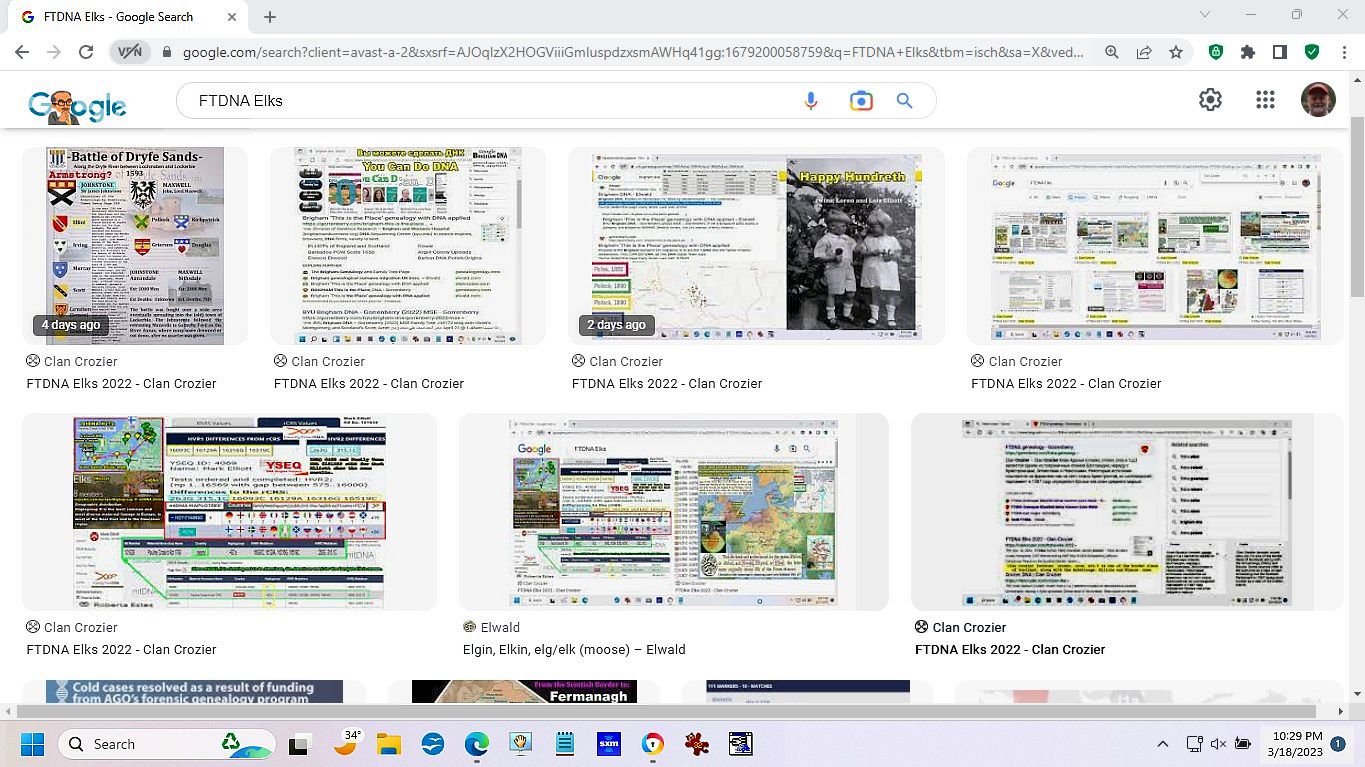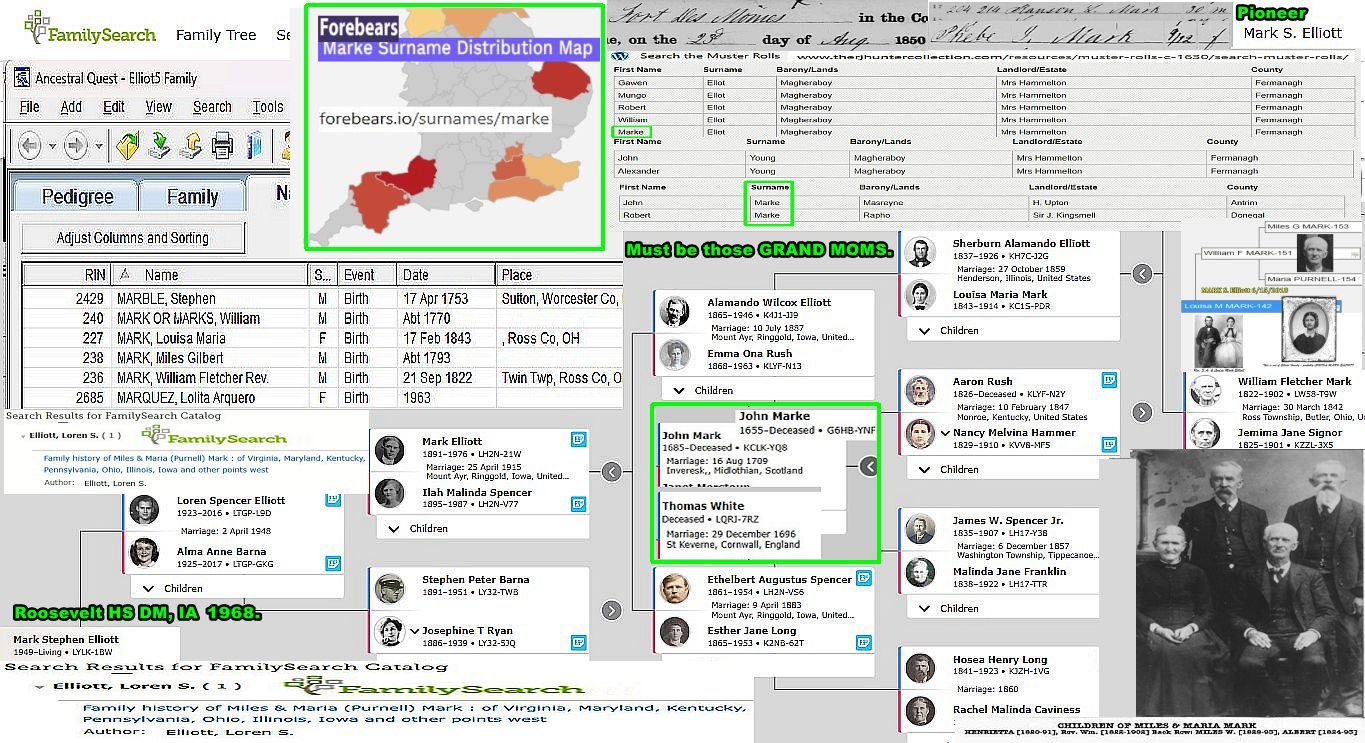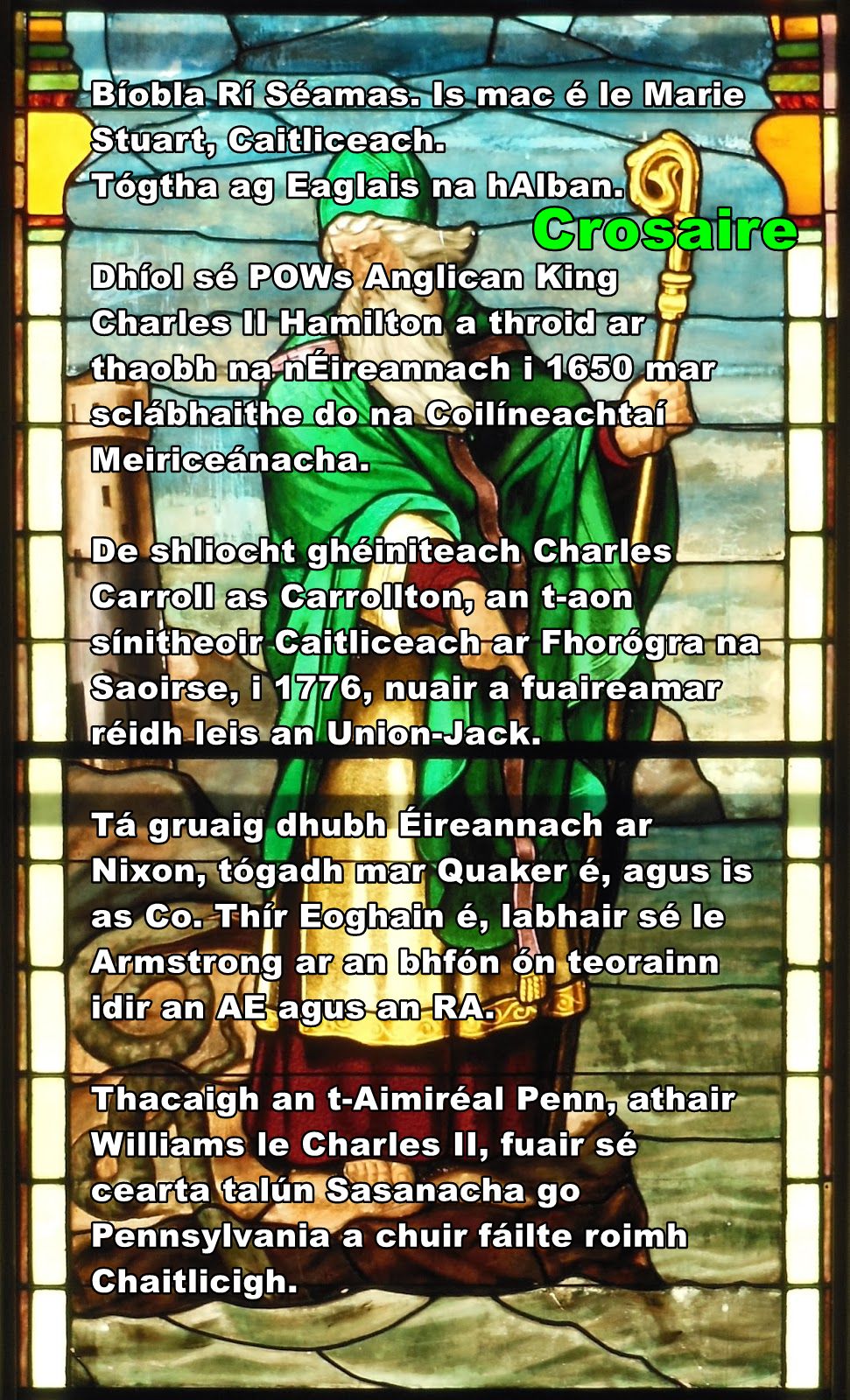*The Death of Parcy Reed
https://commons.wikimedia.org/wiki/File:Clan_member_crest_badge_-_Clan_Crozier.png
Namensverbreitungskarte – Verein für Computergenealogie (genealogy.net)
THE ENGLISH AND SCOTTISH POPULAR BALLADS
by FRANCIS JAMES CHILD.
[1882-1898]
193A:
193A.1
THE Liddesdale Crosiers hae ridden a race,
And they had far better staid at hame,
For they have lost a gallant gay,
Young Whinton Crosier it was his name.
193A.2
For Parcy Reed he has him taen,
And he’s delivered him to law,
But auld Crosier has made answer
That he’ll gar the house of the Troughend fa.
193A.3
So as it happened on a day
That Parcy Reed is a hunting gane,
And the three false Halls of Girsonsfield
They all along with him are gane.
193A.4
They hunted up and they hunted down,
They hunted all Reedwater round,
Till weariness has on him siezed;
At the Batinghope he’s fallen asleep.
193A.5
O some they stole his powder-horn,
And some put water in his lang gun:
‘O waken, waken, Parcy Reed!
For we do doubt thou sleeps too sound.
193A.6 ‘
O waken, O waken, Parcy Reed!
For we do doubt thou sleeps too long;
For yonder’s the five Crosiers coming,
They’re coming by the Hingin Stane.
193A.7
‘If they be five men, we are four,
If ye will all stand true to me;
Now every one of you may take one,
And two of them ye may leave to me.’
193A.8
‘We will not stay, nor we dare not stay,
O Parcy Reed, for to fight with thee;
For thou wilt find, O Parcy Reed,
That they will slay both us and thee.’
193A.9
‘O stay, O stay, O Tommy Hall,
O stay, O man, and fight with me!
If we see the Troughend again,
My good black mare I will give thee.’
193A.10 ‘I will not stay, nor I dare not stay,
O Parcy Reed, to fight for thee;
For thou wilt find, O Parcy Reed,
That they will slay both me and thee.’
193A.11
‘O stay, O stay, O Johnnie Hall,
O stay, O man, and fight for me!
If I see the Troughend again,
Five yoke of oxen I will give thee.’
193A.12
‘I will not stay, nor I dare not stay,
O Parcy Reed, for to fight with thee;
For thou wilt find, O Parcy Reed,
That they will slay both me and thee.’
193A.13
‘O stay, O stay, O Willie Hall,
O stay, O man, and fight for me!
If we see the Troughend again,
The half of my land I will give thee.’
193A.14
‘I will not stay, nor I dare not stay,
O Parcy Reed, for to fight with thee;
For thou wilt find, O Parcy Reed,
That they will slay both me and thee.’
193A.15
‘Now foul fa ye, ye traitors all,
That ever ye should in England won!
You have left me in a fair field standin,
And in my hand an uncharged gun.
193A.16
‘O fare thee well, my wedded wife!
O fare you well, my children five!
And fare thee well, my daughter Jane,
That I love best that’s born alive!
193A.17
‘O fare thee well, my brother Tom!
And fare you well his children five!
If you had been with me this day,
I surely had been man alive.
193A.18
‘Farewell all friends! as for my foes,
To distant lands may they be tane,
And the three false Halls of Girsonsfield,
They’ll never be trusted nor trowed again.’
193B:
https://mainlynorfolk.info/folk/records/fyreandsworde.html
Commit on above song, sung by Graham Pirt;
Sebastianos Ukulson 2 years ago
I love this. My grandmother was a Crosier, and I grew up with all these Crosier cousins. No swordplay, but a different breed still. My great-grandfather Crosier claimed to have known the Hatfields, as in the Hatfield/McCoy disagreement. He said one of the Hatfields gave him a pistol. My great-grandfather was carrying a .32 caliber pistol and the Hatfield pulled it out of his belt and gave him .38 caliber, claiming the .32 would not stop a man, and the .38 would.
193B.1
GOD send the land deliverance
Frae every reaving, riding Scot;
We’ll sune hae neither cow nor ewe,
We’ll sune hae neither staig nor stot.
193B.2
The outlaws come fare Liddesdale,
They herry Redesdale far and near;
The rich man’s gelding it maun gang,
They canna pass the puir man’s mear.
193B.3
Sure it were weel, had ilka thief
Around his neck a halter strang;
And curses heavy may they light
On traitors vile oursels amang.
193B.4
Now Parcy Reed has Crosier taen,
He has delivered him to the law;
But Crosier says he’ll do waur than that,
He’ll make the tower o Troughend fa.
193B.5
And Crosier says he will do waur,
He will do waur if waur can be;
He’ll make the bairns a’ fatherless,
And then, the land it may lie lee.
193B.6
‘To the hunting, ho!’ cried Parcy Reed,
‘The morning sun is on the dew;
The cauler breeze frae off the fells
Will lead the dogs to the quarry true.
193B.7
‘To the hunting, ho!’ cried Parcy Reed,
And to the hunting he has gane;
And the three fause Ha’s o Girsonsfield
Alang wi him he has them taen.
193B.8
They hunted high, they hunted low,
By heathery hill and birken shaw;
They raised a buck on Rooken Edge,
And blew the mort at fair Ealylawe.
193B.9
They hunted high, they hunted low,
They made the echoes ring amain;
With music sweet o horn and hound,
They merry made fair Redesdale glen.
193B.10
They hunted high, they hunted low,
They hunted up, they hunted down,
Until the day was past the prime,
And it grew late in the afternoon.
193B.11
They hunted high in Batinghope,
When as the sun was sinking low;
Says Parcy then, Ca off the dogs,
We’ll bait our steeds and homeward go.
193B.12
They lighted high in Batinghope,
Atween the brown and benty ground;
They had but rested a little while
Till Parcy Reed was sleeping sound.
193B.13
There’s nane may lean on a rotten staff,
But him that risks to get a fa;
There’s nane may in a traitor trust,
And traitors black were every Ha.
193B.14
They’ve stown the bridle off his steed,
And they’ve put water in his lang gun;
Theya’ve fixed his sword within the sheath
That out again it winna come.
193B.15
‘Awaken ye, waken ye, Parcy Reed,
Or by your enemies be taen;
For yonder are the five Crosiers
A-coming owre the Hingin-stane.’
193B.16
‘If they be five, and we be four,
Sae that ye stand alang wi me,
Then every man ye will take one,
And only leave but two to me:
We will them meet as brave men ought,
And make them either fight or flee.’
193B.17
‘We mayna stand, we canna stand,
We daurna stand alang wi thee;
The Crosiers haud thee at a feud,
And they wad kill baith thee and we.’
193B.18
‘O turn thee, turn thee, Johnie Ha,
O turn thee, man, and fight wi me;
When ye come to Troughend again,
My gude black naig I will gie thee;
He cost full twenty pound o gowd,
Atween my brother John and me.’
193B.19
‘I mayna turn, I canna turn,
I daurna turn and fight wi thee;
The Crosiers haud thee at a feud,
And they wad kill baith thee and me.’
193B.20
‘O turn thee, turn thee, Willie Ha,
O turn thee, man, and fight wi me;
When ye come to Troughend again,
A yoke o owsen I’ll gie thee.’
193B.21
‘I mayna turn, I canna turn,
I daurna turn and fight wi thee;
The Crosiers haud thee at a feud,
And they wad kill baith thee and me.’
193B.22
‘O turn thee, turn thee, Tommy Ha,
O turn now, man, and fight wi me;
If ever we come to Troughend again,
My daughter Jean I’ll gie to thee.’
193B.23
‘I mayna turn, I canna turn,
I daurna turn and fight wi thee;
The Crosiers haud thee at a feud,
And they wad kill baith thee and me.’
193B.24
‘O shame upon ye, traitors a’!
I wish your hames ye may never see;
Ye’ve stown the bridle off my naig,
And I can neither fight nor flee.
193B.25
‘Ye’ve stown the bridle off my naig,
And ye’ve put water i my lnag gun;
Ye’ve fixed my sword within the sheath
That out again it winna come.’
193B.26
He had but time to cross himsel,
A prayer he hadna time to say,
Till round him came the Crosiers keen,
All riding graithed and in array.
193B.27
‘Weel met, weel met, now, Parcy Reed,
Thou art the very man we sought;
Owre lang hae we been in your debt,
Now will we pay you as we ought.
193B.28
‘We’ll pay thee at the nearest tree,
Where we shall hang thee like a hound;’
Brave Parcy raisd his fankit sword,
And felld the foremost to the ground.
193B.29
Alake, and wae for Parcy Reed,
Alake, he was an unarmed man;
Four weapons pierced him all at once,
As they assailed him there and than.
193B.30
They fell upon him all at once,
They mangled him most cruellie;
The slightest wound might caused his deid,
And they hae gien him thirty-three;
They hacket off his hands and feet,
And left him lying on the lee.
193B.31
‘Now, Parcy Reed, we’ve paid our debt,
Ye canna weel dispute the tale,’
The Crosiers said, and off they rade;
They rade the airt o Liddesdale.
193B.32
It was the hour o gloaming gray,
When herds come in frae fauld and pen;
A herd he saw a huntsman lie,
Says he, Can this be Laird Troughen?
193B.33
‘There’s some will ca me Parcy Reed,
And some will ca me Laird Troughen;
It’s little matter what they ca me,
My faes hae made me ill to ken.
193B.34
‘There’s some will ca me Parcy Reed,
And speak my praise in tower and town;
It’s little matter what they do now,
My life-blood rudds the heather brown.
193B.35
‘There’s some will ca me Parcy Reed,
And a’ my virtues say and sing;
I would much rather have just now
A draught o water frae the spring.’
193B.36
The herd flung aff his clouted shoon
And to the nearest fountain ran;
He made his bonnet serve a cup,
And wan the blessing o the dying man.
193B.37
‘Now, honest herd, ye maun do mair,
Ye maun do mair, as I you tell;
Ye maun bear tidings to Troughend,
And bear likewise my last farewell.
193B.38
‘A farewell to my wedded wife,
A farewell to my brother John,
Wha sits into the Troughend tower
Wi heart as black as any stone.
193B.39
‘A farewell to my daughter Jean,
A farewell to my young sons five;
Had they been at their father’s hand,
I had this night been man alive.
193B.40
‘A farewell to my followers a’,
And a’ my neighbours gude at need;
Bid them think how the treacherous Ha’s
Betrayed the life o Parcy Reed.
193B.41
‘The laird o Clennel bears my bow,
The laird o Brandon bears my brand;
Wheneer they ride i the Border-side,
They’ll mind the fate o the laird Troughend.’
193[B2]:
The Death of Parcy Reed
193[B2].1
O Parcy Reed has Crozer taen,
And has deliverd him to the law;
But Crozer says he’ll do warse than that,
For he’ll gar the tower of the Troughend fa.
193[B2.2]
And Crozer says he will do warse,
He will do warse, if warse can be;
For he’ll make the bairns a’ fatherless,
And then the land it may lie lea.
193[B2.3]
O Parcy Reed has ridden a raid,
But he had better have staid at hame;
For the three fause Ha’s of Girsenfield
Alang with him he has them taen.
193[B2.4]
He’s hunted up, and he’s hunted down,
He’s hunted a’ the water of Reed,
Till wearydness has on him taen,
I the Baitinghope he’s faen asleep.
193[B2.5] . . . . . . . . . . . . . . .
And the fause, fause Ha’s o Girsenfield,
They’ll never be trowed nor trusted again.
193[B2.6]
They’ve taen frae him his powther-bag,
And they’ve put water i his lang gun;
They’ve put the sword into the sheathe
That out again it’ll never come.
193[B2.7]
‘Awaken ye, awaken ye, Parcy Reed,
For I do fear ye’ve slept owre lang;
For yonder are the five Crozers,
A coming owre by the hinging-stane.’
193[B2.8]
‘If they be five and we be four,
If that ye will stand true to me,
If every man ye will take one,
Ye surely will leave two to me.
193[B2.9]
‘O turn, O turn, O Johny Ha,
O turn now, man, and fight wi me;
If ever ye come to Troughend again,
A good black nag I will gie to thee;
He cost me twenty pounds o gowd
Atween my brother John and me.’
193[B2.10]
‘I winna turn, I canna turn;
I darena turn and fight wi thee;
For they will find out Parcy Reed,
And then they’ll kill baith thee and me.’
193[B2.11]
‘O turn, O turn now, Willie Ha,
O turn, O man, and fight wi me,
And if ever ye come to the Troughend again
A yoke of owsen I will gie thee.’
193[B2.12]
‘I winna turn, I canna turn;
I darena turn and fight wi thee;
For they will find out Parcy Reed,
And they will kill baith thee and me.’
193[B2.13]
‘O turn, O turn, O Thommy Ha,
O turn now, man, and fight wi me;
If ever ye come to the Troughend again,
My daughter Jean I’ll gie to thee.;
193[B2.14]
‘I winna turn, I darena turn;
I winna turn and fight with thee;
For they will find out Parcy Reed,
And then they’ll kill baith thee and me.’
193[B2.15]
‘O woe be to ye, traitors a’!
I wish England ye may never win;
Ye’ve left me in the field to stand,
And in my hand an uncharged gun.’
193[B2.16]
‘Ye’ve taen frae me my powther-bag,
And ye’ve put water i my lang gun;
Ye’ve put the sword into the sheath
That out again it’ll never come.
193[B2.17]
‘O fare ye weel, my married wife!
And fare ye weel, my brother John!
That sits into the Troughend ha
With heart as black as any stone.
193[B2.18]
‘O fare ye weel, my married wife!
And fare ye weel now, my sons five!
For hae ye been wi me this day
I surely had been man alive.
193[B2.19]
‘O fare ye weel, my married wife!
And fare ye weel now, my sons five!
And fare ye weel, my daughter Jean!
I loved ye best ye were born alive.
193[B2.20]
‘O some do ca me Parcy Reed,
And some do ca me Laird Troughend,
But it’s nae matter what they ca me,
My faes have made me ill to ken.
193[B2.21]
‘The laird o Clennel wears my bow,
The laird o Brandon wears my brand;
Whae ever rides i the Border side
Will mind the liard o the Troughend.’
THE GHOST OF PERCIVAL REED
WHEN we look back on the past history of the Border, we might almost think that St. Andrew and St. George, who are supposed to keep watch and ward over North and South Britain, had overlooked that hilly stretch of country that lies between the Solway and the Tyne, leaving the heathen god Mars to work his turbulent will with it. From the days of the Roman Wall it was always a tourney-ground, and in the long years when English and Scots warred against each other, scarcely one day in any year went past without the spilling of blood on one or other of its hills or moors. Not only did the Borderers fight against those of other nations. Constantly they fought amongst themselves. A quick-tempered, revengeful lot were the men of those Border clans. On the Northumberland side the quarrels were as frequent as they were amongst those hot-headed Scots—Kers and Scotts, Elliots and Turnbulls and Croziers.
In the sixteenth century one of the most powerful of the clans in the wild Northumbrian country was that of the Reeds of Redesdale. Even now it is a lonely part of the south land, that silent valley down which, from its source up amongst the Cheviots, [224] the Rede flows eastward. Bog and heather and bracken still occupy the ground to right and to left of it, and there are few sounds besides the bleat of sheep or the cries of wild birds to break the silence of the hills and moors. But when the Reeds held power the hills often echoed to the lowing of driven cattle, to the hoof-beat of galloping horses, and to the sounds of a fight being fought to the death. A foray into England brought many a sturdy Scottish reiver riding over the Carter Bar; and Reeds, and Halls, and Ridleys were never averse from a night ride across the English Border when a Michaelmas moon smiled on the enterprise. The Reeds were a strong clan, but in power and in reputation they took only a second place, for the family of the Halls was stronger still. The head of the Hall clan lived at Girsonfield, a little to the north of Otterburn, a farmhouse which had belonged to the proprietors of Otterburn Castle since the time of Queen Elizabeth. Only a few stones of it now remain, and the new house stands on a much more exposed situation; but when Hall was its occupant, Girsonfield stood on a plot of rich green sward on the east side of the Otter.
Now it must have seemed to Hall of Girsonfield, the head of the chief of the northern clans, a very clear error in judgment for any of the powers that existed to pass him over and appoint as keeper of Redesdale his friend and neighbour, Percival Reed. To have to bow to Reed’s authority, to obey his summons [225] when called on to help to intercept a party of reiving Scots or to pursue them, hot trod, into Scotland, to hear the praises of Percival Reed in all mouths—these were bitter things to be swallowed by him who has come down to us as “the false-hearted Ha’.” And so, having opened the door of his heart for the messengers of Satan to come in, Hall of Girsonfield had not long to wait for his tenants.
Clearly Percival Reed had no right to be keeper, but as he did his duties bravely and well, there was no chance of his being deposed, save by death. Never a day or a night was there when Hall and his friend Reed cantered together to meet some of the Scott or Elliot clan, or to rescue a drove of cattle or sheep from them, or from some of the Croziers or Turnbulls, but what Hall rode with murder in his heart. Reed was utterly unconscious. There was no scheme that he did not confide to him whom he took for his loyal friend, no success for which he did not jubilantly claim Hall’s sympathy and congratulations. He laid bare the whole of his innocent heart, and Hall hated him all the more bitterly because of it. “If he were not so handy with his Ferrara,” brooded Hall. . . . “If only he had been a little slower that time in getting out his dag when Nixon had covered him.” . . . “If only his mare had not only stumbled, but had fallen there by the peat hag when Sandy’s Jock so near had him. . . .”
To Hall of Girsonfield Providence seemed to [226] take special care of Percival Reed, for no other reason than to goad him to extremity. The devils who possessed him were skilfully nursing their prey.
There came at last a day, when no raids were afoot, when Hall met some of the Crozier clan, and opinions were frankly expressed with regard to the keeper of Redesdale. Things had been going badly with the Croziers. Their beef-tubs were empty. The Borders were evidently going to the dogs. It was no longer possible for any hard-working reiver to make a living on them. Percival Reed would have to get his leave, or it was all up with reiving in Redesdale. To all of these complaints Hall lent a willing ear; nay, more, to their surprise, a sympathetic one. Apparently he, too, had some little schemes afoot, with which the keeper’s over-vigilance had seriously interfered. What a merry jest it would be, next time the Croziers crossed the Border by moonlight, if the keeper’s plans for that night were known to them, and if, instead of finding in the clan Hall enemies, they found them allies. The Croziers might have all the spoil, but the Halls would share the joke, and Percival Reed would crow less crouse for the future.
It was a quite simply arranged affair. The Halls entered with zest into the plot. Second place was not good enough for them, and the Reeds had boasted long enough.
And Percival Reed, in all innocence, soon heard [227] rumour of a foray by the Croziers, and confided in his friend Girsonfield exactly how he meant to meet it. This information speedily found its way to the Scottish side of the Border, and in Hall of Girsonfield Reed found a more than usually willing supporter. The appointed night came, and ere they started in the uncertain light of a misty moon the keeper of Redesdale supped at Girsonfield. “Ye’re loaded, are ye, Parcy?” asked the genial host in the burring Northumbrian voice we know so well even to-day. “I’ll give a look to our primings while ye drink a stirrup-cup.” More than a look he gave. Strong spirit from the Low Countries might be good jumping powder for the Keeper of Redesdale, but it was a damping potion for the keeper’s musket when gently poured on its priming. At Batenshope, on the Whitelee ground, Reeds and Halls and Croziers met, and a joyous crew were the Croziers that night as they homewards rode up the Rede valley. For at the first fire of Percival Reed’s musket it burst, and he dropped from his horse a murdered man. The Reeds knew it for treason, and the subsequent conduct of the Halls left them no room for doubt. It was, indeed, a fine foundation for a family feud, and for generation after generation the feud went on.
What was the end of Hall of Girsonfield no one has chronicled; it is not hard to imagine the purgatory of his latter years.
[228] But it is not of him but of his innocent victim that tales are still told in the Rede valley.
From the night when his spirit was by treachery and violence reft from his body, there was no rest for Percival Reed.
In the gloaming, when trees stand out in the semblance of highway robbers, and a Liddesdale drow meets a North Sea haar, his sorrowful spirit was wont to be seen by the lonely traveller, making moan, seeking rest. Far and near, through all that part of the Border that he had so faithfully “kept,” the spirit wandered. A moan or sigh from it on the safe side of the Carter Bar would scatter a party of Scottish reivers across the moorland as no English army could have done. Any belated horseman riding out of the dark would take the heart out of the most valiant of Northumbrians because they feared that they saw “Parcy Reed.” Not always in the same form did the Keeper appear. That was the terror of it. At times he would come gallantly cantering across the moorland as he had done when blood ran warm in his veins. At other times he would be only a sough in the night wind. A feeling of dread, an undefinable something that froze the marrow and made the blood run cold. And yet, again, he would come as a fluttering, homeless soul, whimpering and formless, with a moaning cry for Justice—Justice—Judgment on him who had by black treachery hurried him unprepared to his end. The [229] folk of Redesdale bore it until they could bear it no longer. The blood of many a Hall was spilt by the men of Percival Reed’s clan without giving any ease to that clamouring ghost. At last they sought the help of a “skeely” man. He was only a thatcher, but whilst he plied his trade of covering mortal dwellings with sufficient to withstand the blasts of heaven, he had also studied deeply matters belonging to another sphere. “Gifted,” says his chronicler, “with words to lay it at rest,” he summoned the ghost to his presence, and “offered it the place and form it might wish to have.”
Five miles of land did that disembodied spirit of the Keeper of Redesdale choose for his own. As might be guessed, he fixed on the banks of the Rede, and he chose that part of it that lies between Todlawhaugh and Pringlehaugh. The fox that barks from the bracken on the hillside at early morning, the grouse that crows from the heather, the owl that hoots from the fir woods at night, to those did the ghost of Percival Reed act as keeper. By day he roosted, like a bat or a night bird, on some tree in a lonely wood. By night he kept his special part of the marches. Still the Keeper of Redesdale was Percival Reed. Todlaw Mill, in ruins long ago, was his favourite haunt, and there, as the decent folk of the valley went on the Sabbath to the meeting-house at Birdhope Cragg, they often saw him, a dreary sight for [230] human eyes, patiently awaiting his freedom. The men would uncover their heads and bow as they passed, and the Keeper of Redesdale, courteous in the spirit as in the body, would punctiliously return their salutations.
Thus did the years wear on until the appointed days were fulfilled, and the Rede Valley knew its Keeper no more. On the last day of the time fixed by him, the skeely man was thatching a cottage at the Woollaw. Suddenly he felt something touch him, as though the wing of a bird had brushed by. He came down the ladder on which he stood, and it seemed as though the bird’s feathers had brushed against his heart, and had come from a place where the cold and ice are not cold and ice as mortals know them, for “he was seized,” says the chronicler, “with a cold trembling.” Some power, too strong for his own skill to combat, had laid hold on him, and shivering, still shivering, he fell into the hands of Death.
Such was the passing of Percival Reed, Keeper of Redesdale, who took with him, when at length he relinquished his charge, a humble henchman, a hind of the Rede Valley.
http://www.mainlesson.com/display.php?author=langjohn&book=border&story=ghost&PHPSESSID=aea623f9c..
3/27/2017 MSE
added 6/16/2017;
All the Year Round, Volume 62
Charles Dickens, 1888
About half a mile due west from Otterburn on the Watling Street is Troghend
Hall, associated with another ballad as famous as that of the Battle of
Otterburn, namely the Story of Parcy Reed.
Parcy Reed, of Troughend Hall or Tower, as it was then called, was a sort of
warden for this part of Redesdale, and in magisterial capacity had hung a
notorious freebooter from the Scottish side, by by name Crosier. Thereupon, as
was the genial custom of those days when the quarrel of one man was taken up by
all his relatives, a feud was sworn against Reed of Troughend by the Crosiers.
One morning Parcy Reed went out to hunt accompanied by three neighbours of the
name of Hall, from Girsonsfield. At Batinghope, “when the sun was sinking low,”
they halted to rest, and Parcy Reed went to sleep. Whilst asleep, five of the
Crosiers, burning for revenge came up. The Halls awakened Parcy; but he found
that during his sleep they had
‘Stown the bridle off his steed,
And they’ve put water in his lang gun;
They’ve fixed his sword within the sheath,
That out again it winna come.’
and, to add to their treachery, they refused to help him so that he was killed
by the Crosiers. Long after this event the Hall family were known in Redesdale
as “the fause Ha’s of Girsonsfield”; and there may be some now who believe that
the ghost of Parcy Reed still walks the banks of Pringle Haugh burn.


